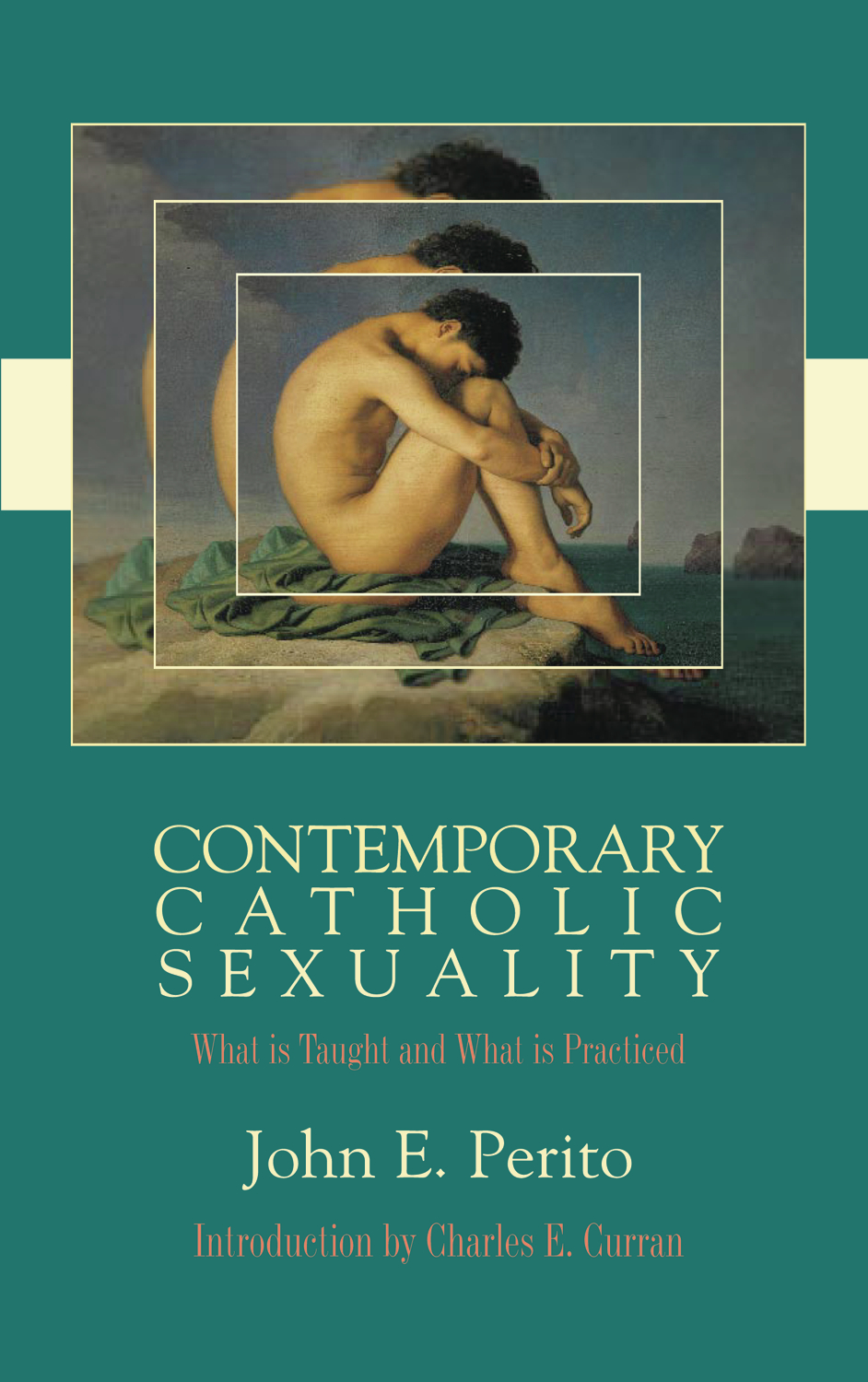- Title: Contemporary Catholic Sexuality
- Subtitle: What is Taught and What is Practiced
- Page Count: 192
- Available Formats: Trade-paper (9780824519681)
- Edition: Trade Paper
- Original language: English
- Retail US: Trade-paper (22.95)
- Retail Canada: Trade-paper (25.95)
- Retail Canada: 25.95

